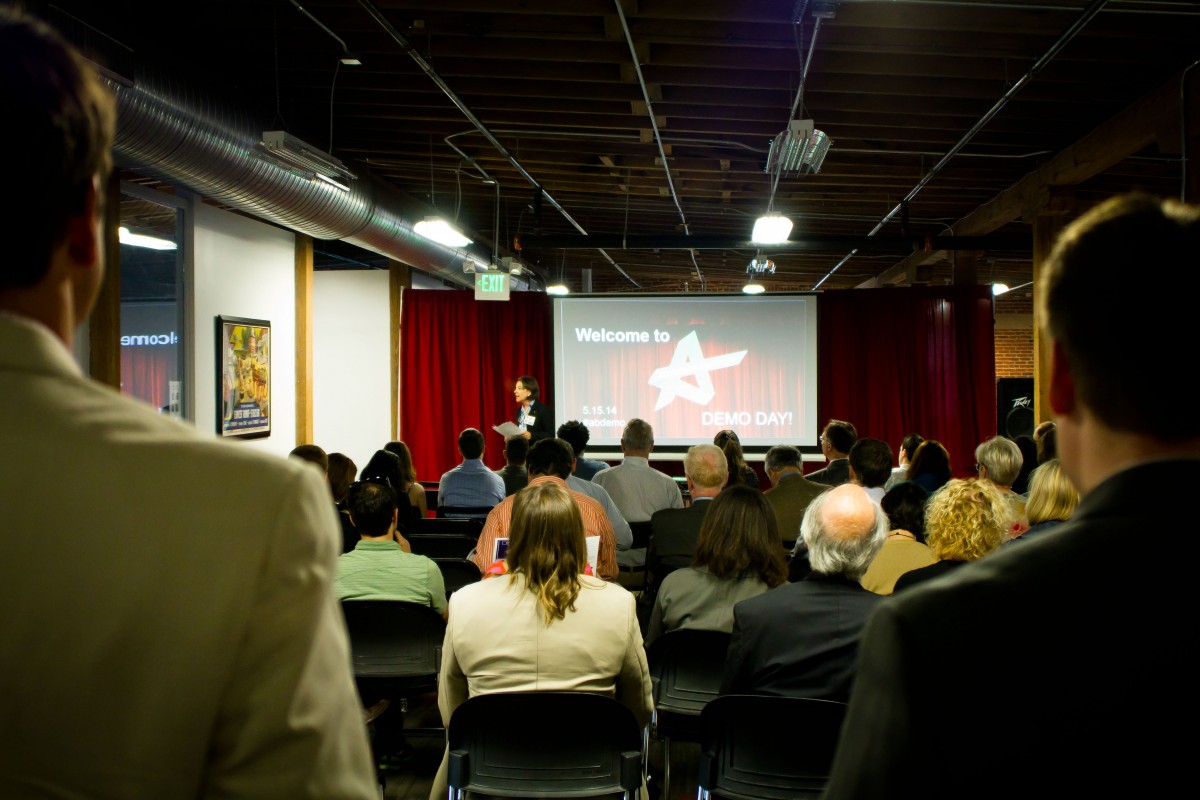Around this time of year, Jim Wilhelm is typically busy fielding questions about tax returns. But with the big economic slowdown brought by the COVID-19 pandemic, Tax Day has been delayed until the summer, and the director of SC&H Group’s tax services team is instead helping business owners navigate the new programs offering relief to small businesses.
There’s been lots of interest, including from the startups with whom the Sparks-based management consulting, audit and tax firm works.
“It’s hard for me to think about the list of businesses that either haven’t been impacted or won’t be impacted,” he said — so it’s no surprise that startups will also be among those affected.
At Baltimore-based venture capital firm Squadra Ventures, which invests in early-stage enterprise software companies, Principal Mike Leffer has been tracking the programs and legislation. Given the prospect of a recession, he is advising the venture firm’s portfolio companies to make a plan.
His advice: Gain 18 to 24 months of runway through cutting expenses outside of payroll or raising additional capital, cut revenue projections by 30%, and assume no new growth.
With the push to extend runway, funding programs from the state and federal government can be a resource for funds in the immediate term.
“Every month will help,” Leffer said. “Every day will help.”
A menu of options has quickly emerged: The State of Maryland rolled out loan and grant programs earlier this month that offer loan and grant funding for businesses. And on the federal level, the U.S. Small Business Administration is offering Economic Injury Disaster Loans with a $10,000 advance, and the chance to delay payments for SBA’s other loan programs for six months.
While the spirit of the affiliation rules are clear, a push to clarify the law for venture-backed startups is on.
On Friday, eyes turned toward the program with the potential to have the most wide-reaching impact. The federal government began accepting applications for funds from the $349 billion Paycheck Protection Program. Part of the CARES Act that was passed by Congress, it is offering loans to cover two-and-a-half times the cost of payroll and other key costs for businesses of fewer than 500 employees, and stands to be forgiven if it is used for those purposes.
Given the prospect of extending payroll costs for two months, it’s an attractive option for many businesses. But during the rollout, there’s been lots of talk about whether venture-backed startups are eligible to receive funding.
That’s because of a set of rules called “affiliation,” companies that have outside entities with a sizable stake in the company or portion of control could be required to count the employees of the portfolio companies of all of the other companies that their investor is backing. This would easily push many startups that received private equity or venture capital backing over the 500-employee threshold.
It comes at a time when technology is being more relied on for every day life in remote work and social connection, yet pressure on the business side in the short-term has already led to layoffs. And along with startups, Wilhelm points out that this could also affect Main Street businesses that are owned by private equity firms.
“The SBA does not want to lend a hedge fund $10 million so its primary manager can buy another beach house,” he said. However, “we want to keep John Smith working at the dry cleaner.”
So while the spirit is clear, a push to clarify the law is on. The National Venture Capital Association and others have been lobbying Congress and the U.S. Treasury to clarify the rules, and a bipartisan group of lawmakers that included House Speaker Nancy Pelosi and House Minority Leader Kevin McCarthy weighed in with the administration to make change this week, with further clarity to come.
By Thursday night, the application was ready. But when Friday came, their bank's portal wasn't.
Another important consideration: The program is being administered by individual banks, so companies should contact those they have a lending relationship with, or others who are accepting new business.
Infinite Biomedical Technologies CEO Rahul Kaliki spent last week preparing, as the Spark Baltimore-based company that builds machine learning algorithms to control assistive prosthetic hands seeks to ensure its 12-employee team — mostly made up of local graduates from area universities — can remain onboard amid the slowdown.
The Johns Hopkins University spinout is not venture-backed, but Kaliki still had questions to work through with his team and other small business owners, like how to calculate payroll expenses. By Thursday night, the application was ready. But when Friday came, their bank’s portal wasn’t. With other big banks also not up and running, Kaliki tried to connect with local banks in the meantime, but couldn’t do so.
By Saturday, however, word came from the initial bank that the portal was up and running and they were able to submit. By Sunday, word came that the application was received. With the program advertised as “first come first served,” they wanted to get it in as soon as possible.
“It was stressful for the first 48 hours or so,” Kaliki said.
With banks continue to get their application processes and loan submissions up and running, another group of entrepreneurs will be eligible this week: On Friday, the program is opening to applications from independent contractors and self-employed people for the first time.







